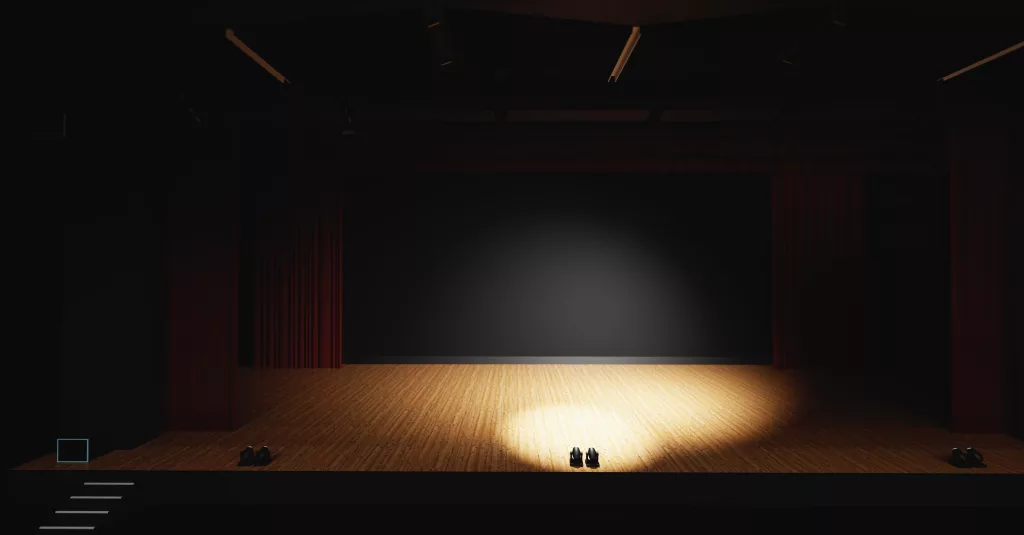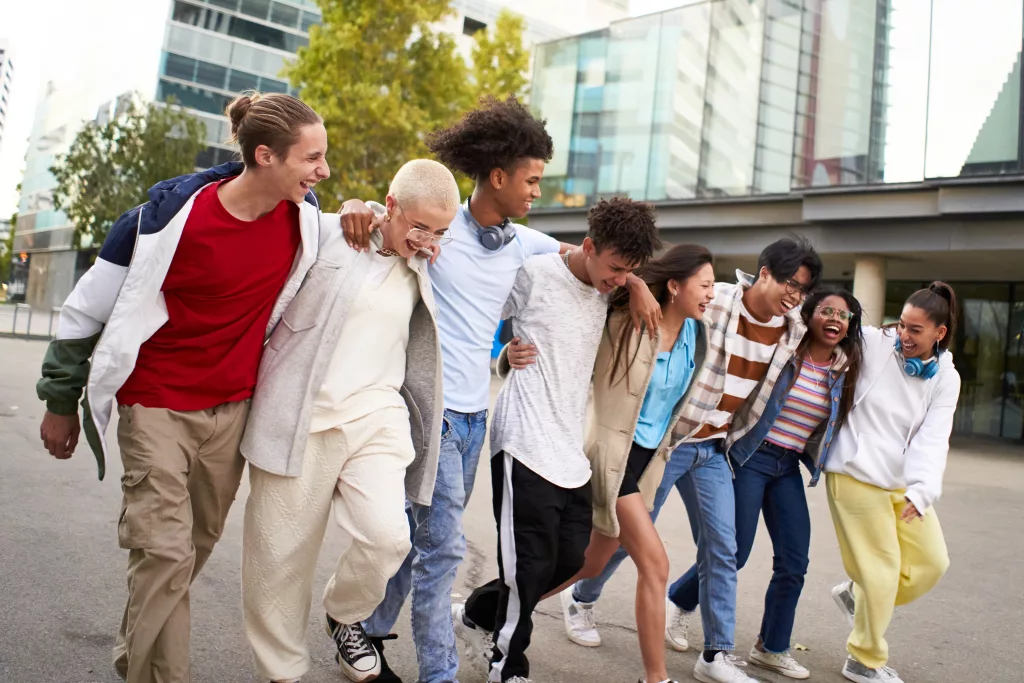In recent days, England has been rocked by a series of violent incidents that have left communities reeling and the nation on edge. As headlines scream of escalating tensions and heartbreaking loss, it’s becoming painfully clear that something fundamental is missing in our society. While we grapple with this grim reality, one urgent truth stands out: we are neglecting a crucial element that could help us heal and unite. Amid the chaos and division, the arts—once a cornerstone of our cultural and social fabric—are being pushed to the sidelines. As we confront these harrowing events, we must ask ourselves: could revitalizing our cultural sector be the key to mending our fractured communities and steering us away from further violence?

The Looming Crisis: Culture at the Brink
In a world increasingly fragmented and fraught with tension, it’s time to confront a stark reality: our society is on the edge of unraveling. We are witnessing escalating conflicts and a growing sense of division, both globally and locally. Amidst this chaos, culture stands as a beacon of hope, a lifeline that could pull us back from the brink.
Steve Coogan, renowned actor and cultural commentator, puts it bluntly: “The arts are what stop us from killing each other. There’s far more wisdom in Shakespeare – whose patrons subsidised him because they realised his value – than there is in the Bible, or in any religious tome.” His words underscore an urgent truth: our descent into discord could be halted by revitalizing the cultural sectors that once bound us together.
The Downfall of Arts Funding: A National Tragedy
Britain’s once-thriving arts scene is now a shadow of its former self, plagued by severe underfunding and neglect. The BFI young audiences content fund, which supported countless emerging artists, has been cut. This represents just a fraction of the broader cultural deprivation we face.
In a different realm, the Department for Education’s recent £67 million expenditure on fixing unsafe school infrastructure highlights a misplaced prioritization. This considerable sum, while essential for safety, starkly contrasts with the insufficient funds allocated to the arts, revealing a society that has undervalued cultural enrichment.
The Elitism Epidemic: Culture Becoming a Playground for the Privileged
The arts, once a common ground for all, are increasingly becoming the exclusive domain of the wealthy. Steve McQueen warns that “If we don’t introduce the next generation to the full range of the arts, they will become exclusively a playground of the privately educated.” This segregation threatens to exacerbate societal divisions, pushing culture further out of reach for the working class and underserved communities.
The Emotional Toll: What We Lose Without Arts Education
Imagine a world where children are deprived of the opportunity to engage in creative expression. Adjoa Andoh emphasizes the crucial role of the arts in education, saying, “Put the arts back at the heart of the school curriculum. Children who can express themselves, collaborate, and recognize nuance may not only grow into empathetic adults, but some will also have careers as flourishing creative artists.” Without such experiences, we risk raising a generation devoid of empathy and critical thinking skills, essential traits for a cohesive society.
The Battle for Equality: Ensuring Access for All
Tracey Emin and Danny Dyer advocate for a cultural revolution. Emin calls for “bringing art back to the school curriculum” and keeping museums accessible, while Dyer stresses the need to address the stark lack of working-class representation in the arts. Their messages highlight the pressing need for equal opportunities in cultural sectors, ensuring that all individuals, regardless of their background, have a chance to contribute to and benefit from the arts.
The Path Forward
The need for cultural reform has never been more urgent. Olivia Laing’s call to “unyoke the word ‘elitism’ from art” reflects a broader sentiment that we must dismantle the barriers preventing widespread access to cultural experiences. The relentless attacks on the arts over the past decade have diminished their role in society, and it is time to reverse this trend.
Russell T Davies’s impassioned plea to “find all future artists, actors, directors, writers” and ensure their support in schools resonates as a clarion call for change. By investing in arts education and funding, we can cultivate a society rich in creativity and empathy, counteracting the forces driving us apart.

Conclusion
As England continues to grapple with recent acts of violence, the urgency to address the root causes of our societal disintegration has never been clearer. The arts, often sidelined in favor of more immediate concerns, hold the power to bridge divides, foster understanding, and offer solace in tumultuous times. By reinvigorating our cultural sector and ensuring that arts education and funding are accessible to all, we not only enrich individual lives but also fortify the social cohesion essential for a more peaceful society. As we seek to heal and rebuild, let us remember that the revival of our cultural heritage may well be the beacon guiding us out of the darkness and toward a future where unity and empathy triumph over discord and despair.
Summary
- Urgency of Arts Revitalization: Prominent figures urge the Labour Party to rejuvenate Britain’s cultural sector amidst recent violent incidents.
- Arts as a Social Glue: Advocates like Steve Coogan and Steve McQueen emphasize that the arts can bridge societal divides and prevent further violence.
- Call for Action: Suggestions include increasing arts education in schools, improving funding for cultural institutions, and making the arts accessible to all.
- Diversity and Accessibility: There is a push to ensure that arts opportunities are not limited to the privileged but are available to working-class and underrepresented communities.
- Cultural Impact: Reviving the arts is seen as essential not only for enriching lives but also for fostering a more empathetic and cohesive society.

